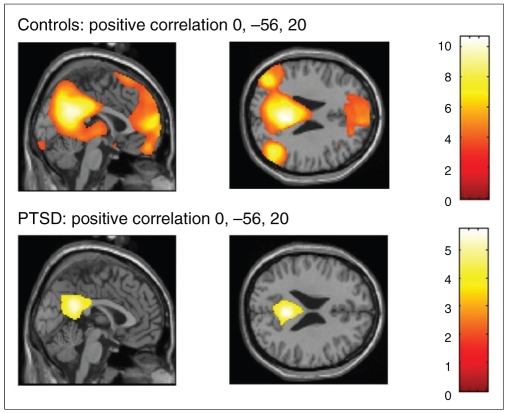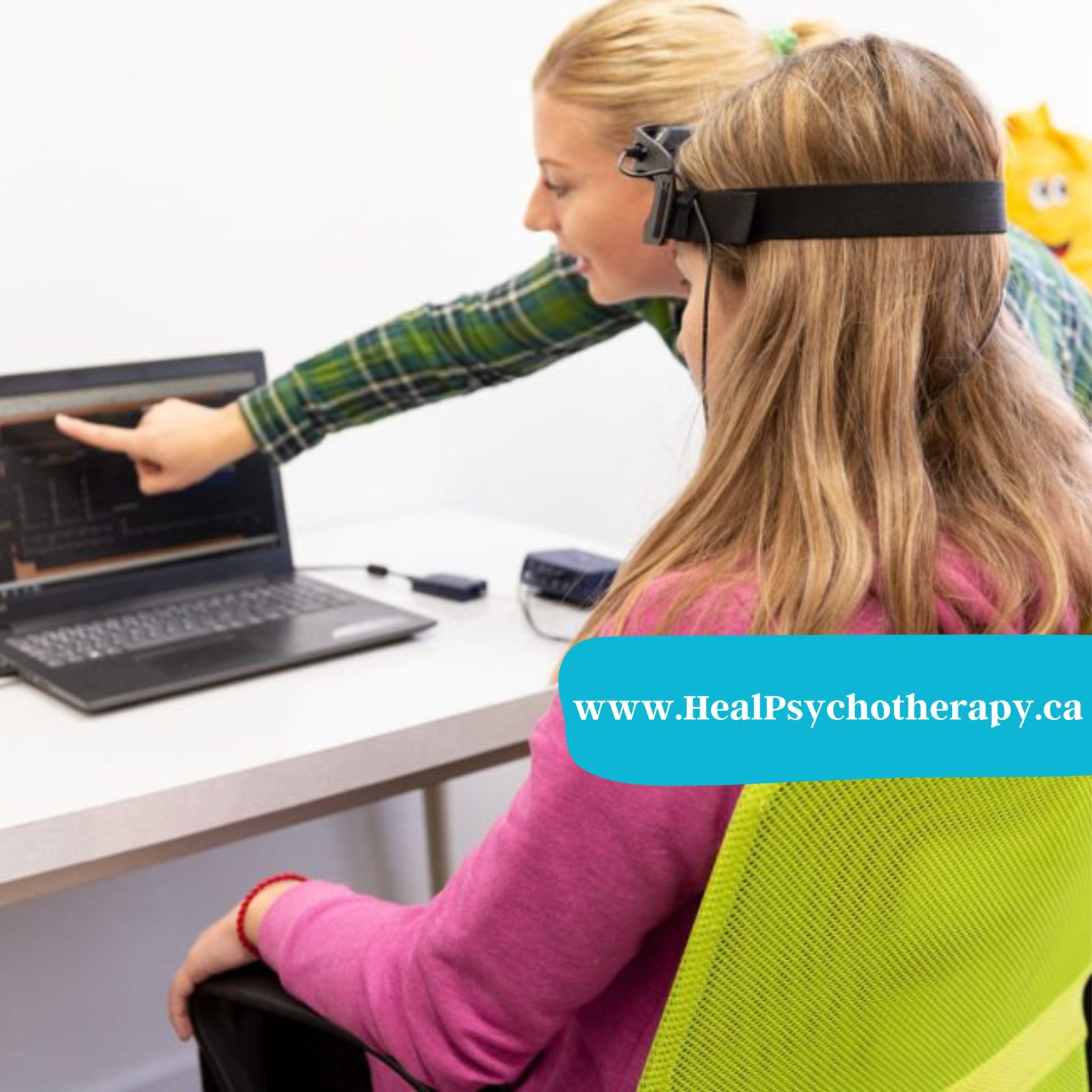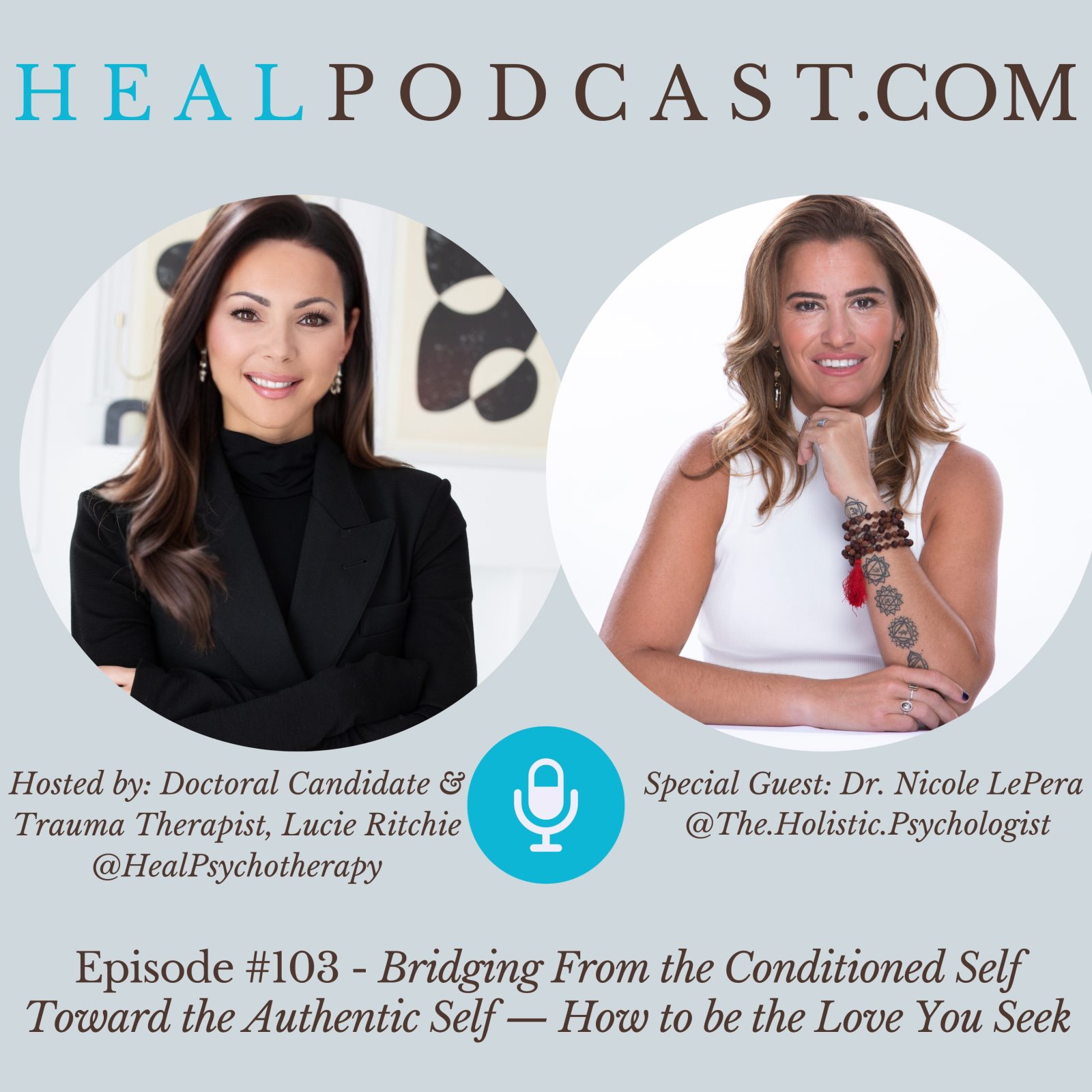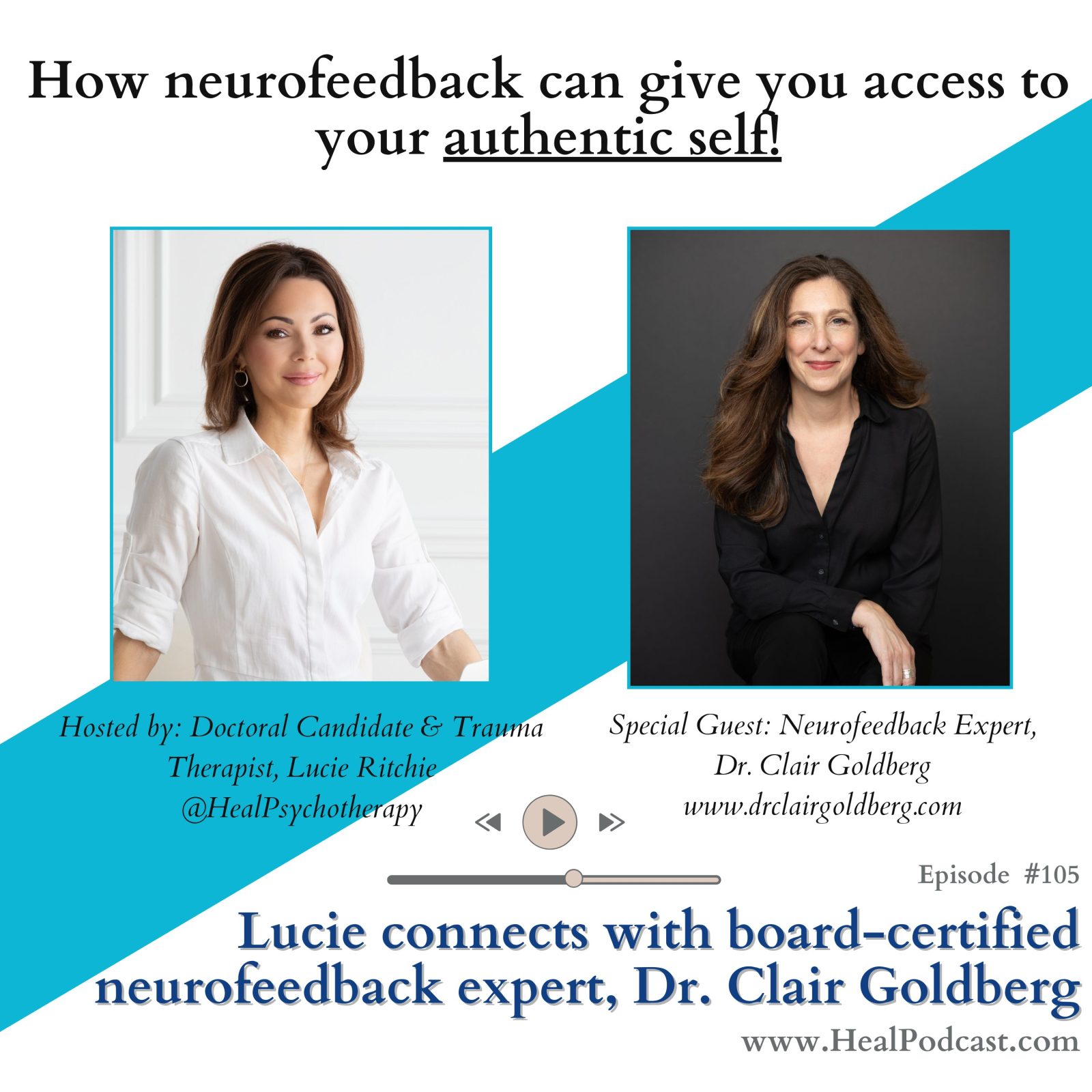Welcome to
heal psychotherapy - a trauma-Centered clinic
Reconnecting the Authentic self in trauma survivors with neuroscience-backed methods!
The top two photos show an active sense of self (no PTSD).
The bottom two photos show the absence of a sense of self (PTSD).

When someone develops under chronic threat, their sense of self is wired in survival mode (coming alive only in danger). Research by Dr. Ruth Lanius and her team at Western University shows that in PTSD, the brain’s default mode network (DMN)—responsible for self-awareness—is often offline during safe, everyday moments but lights up in threatening situations. This creates a paradox: the person feels anxious, on guard, numb, or unreal in calm environments, yet activated or “alive” in crisis situations. Over time, neither state reflects the authentic self. Instead, both are shaped by adaptive survival strategies like people-pleasing, perfectionism, or emotional avoidance—all designed to maintain (an albeit “false” sense of) connection to avoid rejection in a world perceived as dangerous. The answer? Neuroscience-backed approaches like Neurofeedback!
Read more: https://www.ruthlanius.com/sense-of-self-and-default-mode-network
NEUROFEEDBACK
Neurofeedback helps trauma survivors by retraining the brain to self-regulate, reducing hyperarousal (anxiety, panic) and hypoarousal (numbness, dissociation). Trauma disrupts brainwave patterns and the Default Mode Network (DMN), which plays a key role in self-awareness and identity. When dysregulated, the DMN keeps individuals stuck in rumination, shame, or detachment from their authentic selves. Neurofeedback stabilizes these patterns, promoting emotional balance and enhancing self-connection. By fostering neuroplasticity, neurofeedback helps survivors regain control over emotions, reduce maladaptive coping, and improve sleep and concentration. It also enhances psychotherapy by making trauma processing more manageable. Ultimately, it restores a survivor’s ability to feel present, engaged, and authentically themselves.
Meet the Team
Lucie: Clinical Director, Registered Psychotherapist: Neurofeedback and Complex Trauma (Identity) focused.
Caitlan: Registered Psychotherapist (Virtual therapy only), Trauma (EMDR & Schema Therapy), and Grief-Focused.
Feroz: Neurofeedback Clinician, optimal performance focused (sports) and trauma-focused
Hiral: Neurofeedback & EMDR-Trained Psychotherapist, Acute (Shock) and Complex Trauma-Focused.
Services
HEAL, RECOVERY, LEARN
(1) Trauma Psychotherapy for Individuals (DBR, NARM, EMDR, Motivational Interviewing).
(2) Neurofeedback/Biofeedback
(3) Neurofeedback Training for Clinicians (contact Lucie for more information at hello@healpsychotherapy.ca).
About Us
Lucie Ritchie, RP
MA, Doctoral candidate, traumatology specialization | Complex trauma therapy (NARM + Neurofeedback) | Bilingual FRN/ENG
Lucie works with adults who struggle to identify with a genuine sense of self as a result of unresolved childhood trauma. She uses the NeuroAffective Relational Model (NARM™), Neurofeedback, Polyvagal Theory, somatic approaches, and cognitive restructuring. In all her therapeutic relationships, she takes a holistic, non-judgemental approach with her clients.
Caitlan Stransky, RP
MA, RP | Trauma therapies: EMDR, ACT, Schema Therapy | ENG
Caitlan has a warm and gentle approach as she works with the nervous system, emotions, and associated perceptions. She works with adults who have complex trauma, dissociation, anxiety, depression, and self-esteem issues. Additionally, she works with individuals affected by grief. Her gentle approach lends to creating a safe and supportive environment for clients to explore the impact of their experience(s) and how they can shift into their authentic states.
Hiral Shah, RP (Qualifying)
MA, RP (Qualifying) | EMDR, Neurofeedback | English. Gujarati. Hindi
Hiral uses neurofeedback & psychotherapy when working with individuals. She can assist with PTSD, CPTSD, ADHD/ADD, anxiety, depression, and many other mental health conditions. She helps clients who struggle with identity confusion and social connection challenges and who are experiencing the overall impacts of unresolved traumas. She is a compassionate and highly skilled psychotherapist dedicated to helping her clients regain their authentic identity.
Feroz Cooper, RP (Qualifying)
MA, PR (Qualifying) | NEUROFEEDBACK Psychotherapist
Feroz uses an eclectic approach in psychotherapy with a belief that psychology is not a one-size-fits-all science. He situates his work at the intersection of the brain and mind, i.e., the interplay of neurofeedback and psychotherapy. He is deeply committed to working towards the mental health challenges of the 21st century, taking into account generational trauma, isolation in a post-pandemic and social-media-fueled world. His experience involves working with a diverse clientele from varied cultural and gendered contexts, dealing with complex issues.
Book
Our Services
Experience neuroplasticity in real-time through FDA-cleared EEG technology.

Individual/Trauma Counselling
In most cases, we can’t just talk our way out of trauma; we must feel our way out of it. This is why we use cognitive and somatic (body) based therapies to help you attune to the nervous system and associated mental perceptions to heal the impacts within.











